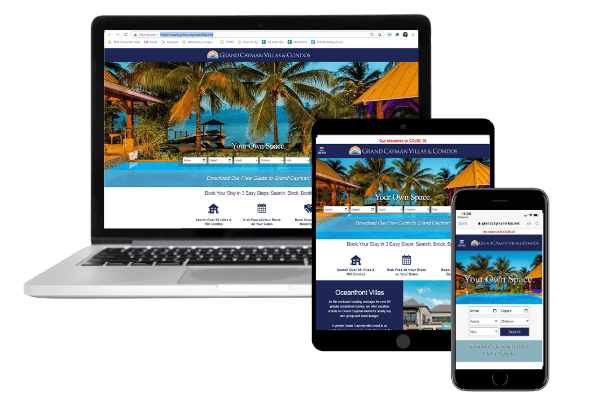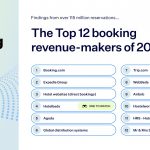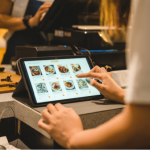
The Hospitality Industry is transforming into an industry defined by personalization, relevant content and the social experience travelers influence everyday.
NB: This is an article from TravelNet
As this trend continues to unfold, it is becoming increasingly difficult to build brand loyalty. How do you win a customer over and keep them coming back time and time again, when the travel process starts earlier than it ever has, and is not over, even after booking and stay?
This is a dilemma that has been creeping up the alley of online hospitality marketers everywhere. Finding the right combination of social interaction, email marketing, promotional activities, etc. can be a fine line to walk. At the core of any successful property is a loyal customer base. Customers are the primary factor in shaping the success of your hospitality property.
Subscribe to our weekly newsletter and stay up to date
The question now becomes; how do you build a customer base that is loyal, and remains that way for an amount of time that will prove to be profitable for your business? In this blog we will go over 6 ways how to build customer loyalty.
Ensure a Quality Experience
It is important to recognize that customers’ attitudes are shifting. What was once a market dominated by the best value, or lowest price, is (and really, already has) shifted to a market in which buyers are looking for an experience that will set one property apart from another. When you are attempting to lay the foundation for a loyal customer base, keep in mind that travelers are looking for that once in a lifetime experience, that little something that makes their stay different from anywhere else. Here is an example of a current TNS customer on how they are promoting their unique experience on their website.
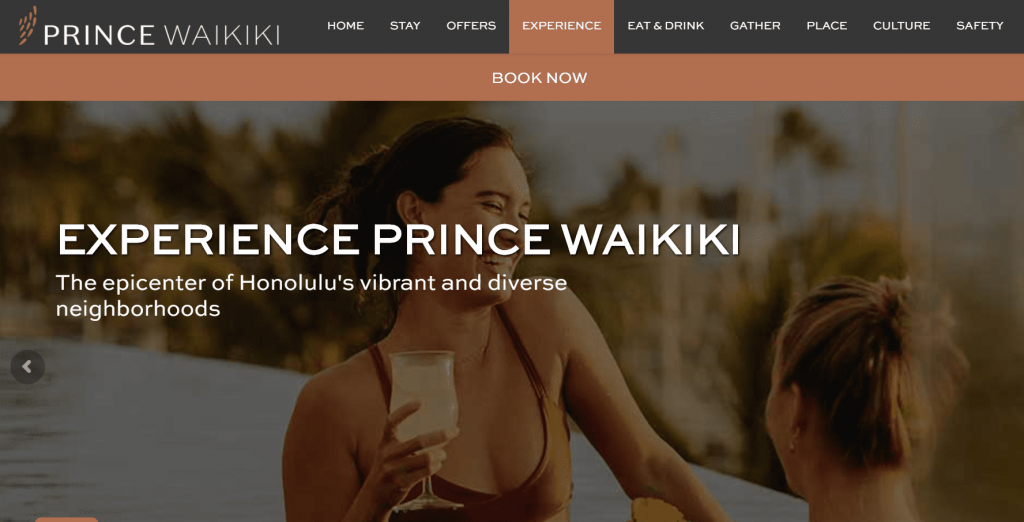
Personalization
According to data from Google, 83% of leisure travelers, and another 76% of business travelers now plan their travel online. The planning process includes anything from reviews, to price points, social media to video and visual assets. Because the road to selection is so clouted with variables, personalization becomes extremely important. The key to personalization is ensuring that the process begins in the earliest phases (research) and continues through the travel journey, concluding with personalized follow up, post trip.
Transform the Experience
Personalization can be thought of as points similar to what is explained above. However it can also be thought of as transforming an online experience to make the message more personal to the traveler, and enhancing the likelihood of purchasing. For example, a common message on several property sites is a “no availability” pop up of sorts, oftentimes on the event calendar or booking engine. A simple way to improve this message, and make it a positive for the traveler is to add in something like “here are some other available dates that you may find helpful,” or something equating to a message of that nature in an attempt to squash any discouragement.
Ratings & Reviews
The always important and heavily relied on online reviews are a sure shot way to build a loyal customer base. Properties with reviews are viewed as more credible in the eyes of the consumer. More credible sources typically have a higher rate of conversion and a more loyal customer base.
Leverage Social Media
According to independent research, one out of every four travelers uses social media to research and plan their vacation. So what does this mean for your social media efforts? Billions of users scroll the pages of Facebook, Twitter, Instagram and more, everyday. It is important to have an understanding of your customer base and reach out to them in ways that connect to them on a personal level. Are you marketing to families? Beach goers? Newlyweds? Once you can nail down your market, you can choose the appropriate content that will engage them.
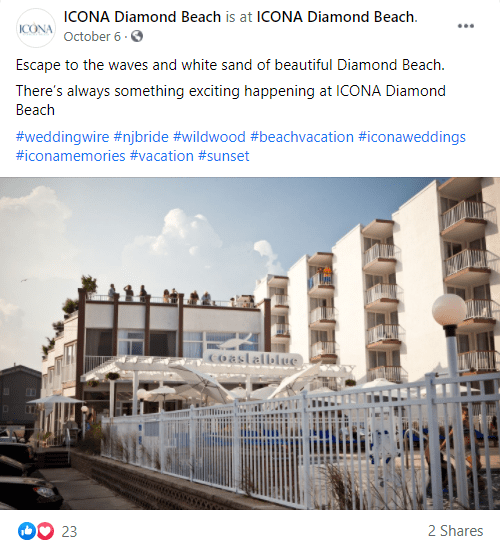
An example of a TNS customer using social media to engage newlyweds
The Mobile World
Development across the mobile platform has reached new heights. Smartphones, tablets and other mobile devices are now the go to device for online bookings. Plain and simple, consumers are busy and constantly on the go. It is extremely important that your website is responsive. What does this mean exactly? It means your content fits to exact screen sizes across multiple devices. Why is this so important? Failure to run a responsive site means that your messages, visuals and representation of your property are distorted when they are not viewed on a computer screen. The masses are moving to mobile and tablet so your website must do the same!
So now that you know customer or brand loyalty is key to your properties success, it is time to focus on what you do best, provide the ultimate guest experience.
Read more articles from TravelNet
The post 6 Ways to Build Hotel Customer Loyalty appeared first on Revenue Hub.
























